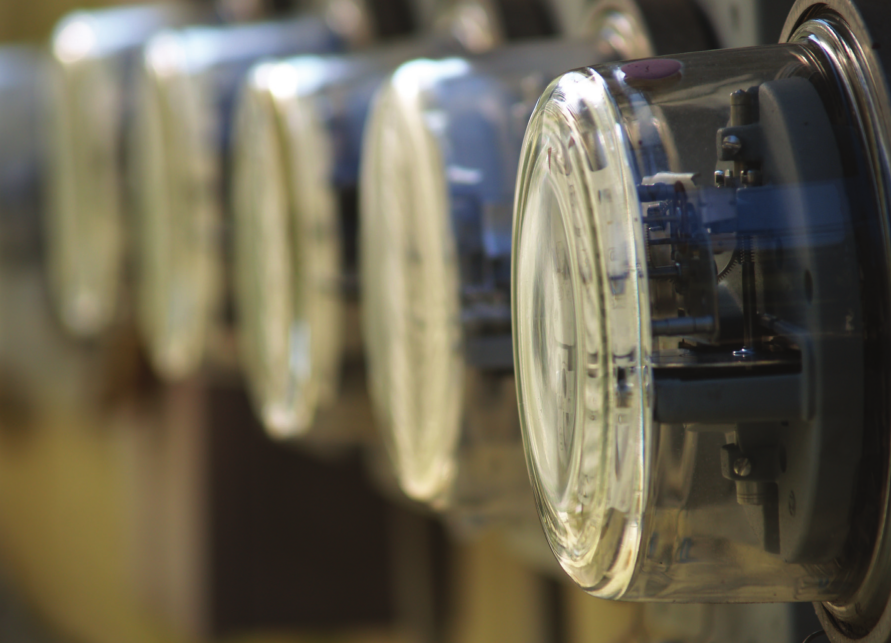In letter to PUC, they cite ‘most cost-effective energy resource available’

More than two dozen New Hampshire businesses have issued a call to speed up energy-efficiency investments in the state by increasing the state’s energy-efficiency resource standard.
The companies — including Filtrine of Keene, Garland Mill of Lancaster, Lonza of Portsmouth, Stonyfield Organic of Londonderry and Worthen Industries of Nashua — have signed a letter to the New Hampshire Public Utilities Commission calling for members to hike the energy-efficiency resource standard, or EERS, as part of the 2021-23 Statewide Energy Efficiency Plan.
Energy efficiency, they write in their letter, “is the most cost-effective energy resource available.”
Under the current proposal to hike the EERS, New Hampshire would increase energy-saving targets for electric and gas utilities to 4.5% and 2.8%, respectively.
Achieving these targets would reduce carbon emissions equivalent to removing nearly a million cars from New Hampshire’s roads for one year and result in customer energy cost savings of more than $1.1 billion over the lifetime of the program’s measures, the businesses say.
Utility modeling has shown that an increased EERS would lead to an immediate increase in electricity rates — specifically through increases in the System Benefits Charge and the Local Delivery Adjustment Charge — but would ultimately generate significant long-term savings in electricity costs for the majority of New Hampshire’s commercial and industrial customers, the letter argues.
The move, it says, would create more resources for companies to reinvest back into their business, employees and local communities.
“Investments in energy efficiency not only help businesses cut costs, they also support some of the state’s highest paying jobs and will help drive the state’s economic recovery,” the letter says.
“In 2019, more than 12,000
New Hampshire residents worked in clean energy, with nearly 90% employed
by the energy efficiency sector. These jobs are local, in hands-on
fields like installation, so they cannot be easily outsourced, and many
have average salaries 50% higher than the state average.”
The
letter adds: “Energy-efficiency investments through the NHSaves program
can also lower net demand on the electrical grid, resulting in avoided
demand costs for all residents by reducing the need for expensive oil
and gas peaker plants that are too expensive to be economical outside of
periods of peak demand. Additionally, efficiency investments also
reduce the need for construction of new generation, transmission and
distribution capacity needed to meet growing electricity demand.”
Other
signatories to the letter are: Ashuelot River Hydro, Inc., Breathe New
Hampshire, Estate Preservation & Planning, Green Energy Options of
Keene, Hannah Grimes Center, Hannover Co-op Food Stores & Auto
Service Centers, Mainstay Technologies, MAYO Designs Inc., MegaFood,
Mighty Roots, NEC Solar Services, Placework, Re- Vision Energy,
Ridgeview Construction, Sarah Mae Brown Consulting, Sheldon Pennoyer
Architects, Standard Power, Sullivan Construction, Sustainable Futures
Consulting, Timberland, Tupelo Music Hall and Veris Wealth Partners.